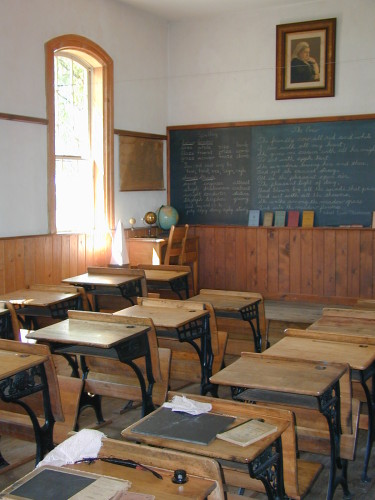
Sometimes road blocks aren't from fear or lack of confidence or a procrastination habit--all the usual things we point fingers at when we aren't getting things done the way we thought we would. Sometimes there's really something in the way.
This realization, and this post, came about because lately I've been struggling to get blog posts written lately. I used to write lots of blog posts, often more than one a week between my blogs. Then I took a hiatus, only writing occasional posts on my personal site. At first I was blaming my struggle on being rusty--I had been away from regular blogging for a while. Then I realized that there's something else going on.
When I used to write regularly, I had a notebook next to me. I jotted down notes and ideas by hand, and then I wrote my posts. Now I work on a chromebook on my couch most of the time which doesn't lend itself to keeping a notebook next to me (the cats always sit on them if I try!). But I didn't just change my location; I changed how I work. Only I didn't really realize that.
Now that I have recognized that there's something beyond my normal procrastination tendency, I can change the things I've been trying, and I think I'll have a better chance of working around or through my blocks. So if you're finding yourself feeling blocked, give yourself a little time to really explore why--do some free writing or talk it out with a friend or into a voice recorder. Don't dismiss any ideas about what might be going on. Let yourself consider anything that might be tripping you up. If you can bring it to light, you can start working on getting past it. Try a few of your ideas and see what works.
For myself, I'm going to try a couple of ideas. The first one is a lap desk on the couch, because it's still my favorite place to work, and a smaller notebook just for couch work.
I'm also going to try out moving to a folding table when I need to do notebook writing. That's not terribly convenient because I won't be able to keep the table up all the time, so there's going to be an extra step or two I have to take before I can work, but it's worth exploring. I'm also going to run these ideas by my partner and see if he has any other ideas I might try. Now that I know what I'm trying to get past, I think I'm on my way to making some good changes and getting more posts written, and that is very good.


